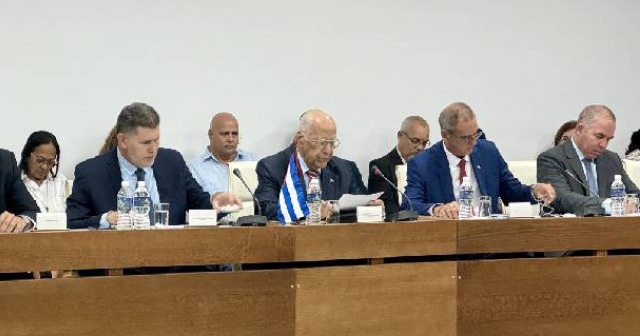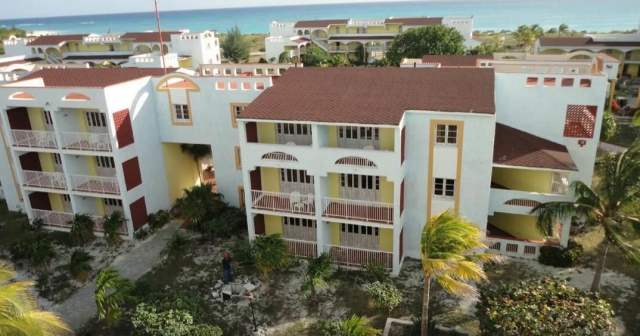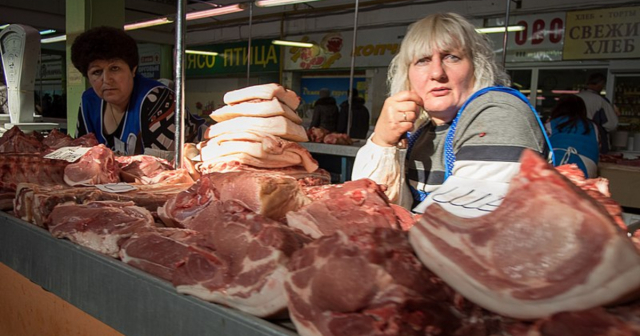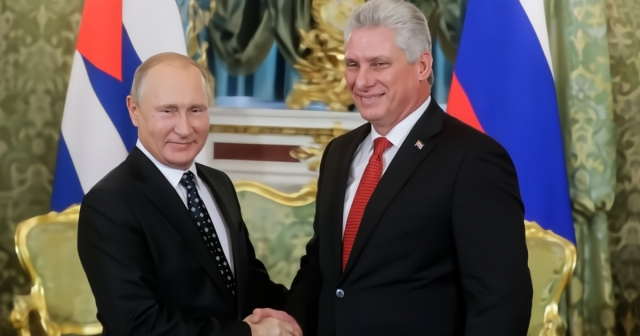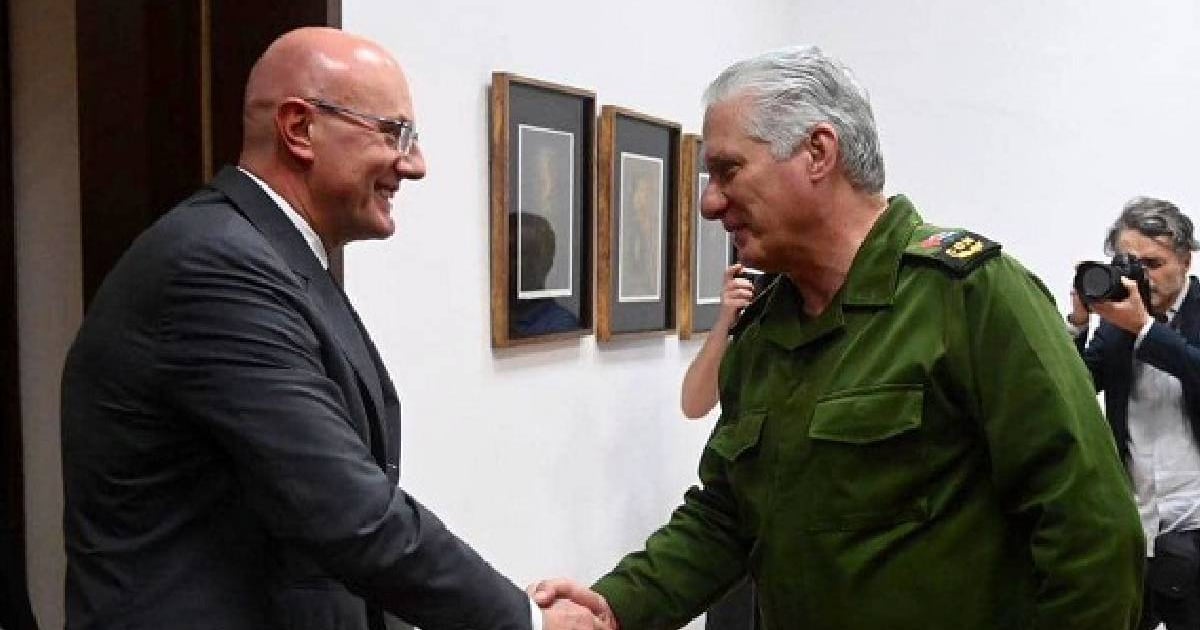
Cuban leader Miguel Díaz-Canel met on Friday with Russia's Deputy Prime Minister, Dmitri Chernichenko, who announced a loan of 65 million dollars to the island to address the severe energy crisis it is facing.
Russia's financial support for Cuba has been crucial in the context of an economic and energy crisis on the island, during which Moscow has established various assistance mechanisms for Havana, ranging from multi-billion dollar loans to debt repayment facilities.
"We reviewed important bilateral agreements that strengthen our strategic relations," wrote the Cuban leader on social media platform X, as reported by Cubadebate.
The day before, amid the devastation caused by Hurricane Rafael and several massive power outages that have affected the country in recent weeks, the Russian official stated that Moscow granted a credit of more than 60 million dollars to Cuba, intended for the purchase of fuel to address the energy crisis.
The shortage of hydrocarbons and the deterioration of electrical infrastructure have been particularly critical in recent months, with frequent blackouts affecting nearly the entire country.
This loan was complemented by a donation of two million dollars to acquire the necessary parts and components for repairing the national electrical system, as well as repair kits that will assist in restoring the Soviet-era power plants that are still operational on the island.
These gestures of support are both a response to Cuba's immediate needs and a way to strengthen Russia's influence in the region.
Restructuring of the debt and payment facilities Russia has also implemented measures to ease the financial burden of Cuba's debt.
In March, Russian President Vladimir Putin approved amendments to the existing credit agreements between the two countries, which cover loans granted between 2009 and 2019, primarily for the purchase of hydrocarbons.
This aid package includes the option to make payments in rubles, the postponement of the original payment plan from 2023-2027 to the period 2028-2040, and adjustments to the interest rates on late payments, which represents a significant relief for the Cuban economy, which faces severe restrictions due to trade limitations and mismanagement by the regime.
Russian financial support not only assists Cuba with its immediate needs but also carries political and strategic implications.
Russia uses this assistance to strengthen its presence in Latin America, maintaining strong ties with one of its historical allies in the region.
Additionally, the option to settle the debt in rubles and the extension of payment deadlines reflect Russia's willingness to tailor its support to Cuba's economic needs, thereby ensuring its influence in the region through a strengthened alliance.
What do you think?
COMMENTFiled under:

